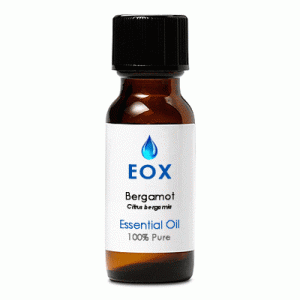|
Characteristics:
A light greenish-yellow liquid with a fresh sweet-fruity, slightly spicy-balsamic undertone. It blends
well with lavender, orange blossom, jasmine, cypress, geranium, lemon, chamomile, juniper, coriander, and violet leaf.
Principal Constituents: These are naturally occuring in the essential oil.
- linalyl acetate
- linalol
- alcohols
- sesquiterpenes
- terpenes
- alkanes
- furocoumarins
- bergapten
General Actions:  Open Symbols Key
Open Symbols Key
Analgesic, anthelmintic, antidepressant, antiseptic (pulmonary, genito-urinary), antispasmodic, antitoxic,
carminative, digestive, diuretic, deodorant, febrifuge, laxative, parasiticide, rubefacient, stimulant,
stomachic, tonic, vermifuge, vulnerary.
Safety:

Certain, furocoumarins, notably bergapten, have been found to be phototoxic in concentration and in dilution.
Care must be taken in dermal applications, otherwise non-toxic and relatively non-irritant.
Primary Therapy Agent:
Acne, boils, abscesses, blisters, cold sores, herpes, eczema, greasy or oily skin/scalp, psoriasis, loss of
appetite, cystitis, leucorrhea, pruritis, itching, anxiety, depression, nervous tension, stress-related
conditions.
Secondary Therapy Agent:
Insect bites, insect repellent, mouth & gum infections, scabies, spots, wounds, halitosis/offensive breath,
sore throat, throat infections, tonsillitis, thrush, candida, urethritis, chickenpox, colds/flu, fever.
Important Note: The information on Florapathics.com is
only provided for educational purposes, and further research should be done on each essential oil to be assured
of its proper usage for each individual. Aromatherapy is not meant to be a replacement for care under a qualified
health professional, but should be considered a complimentary modality.
|







